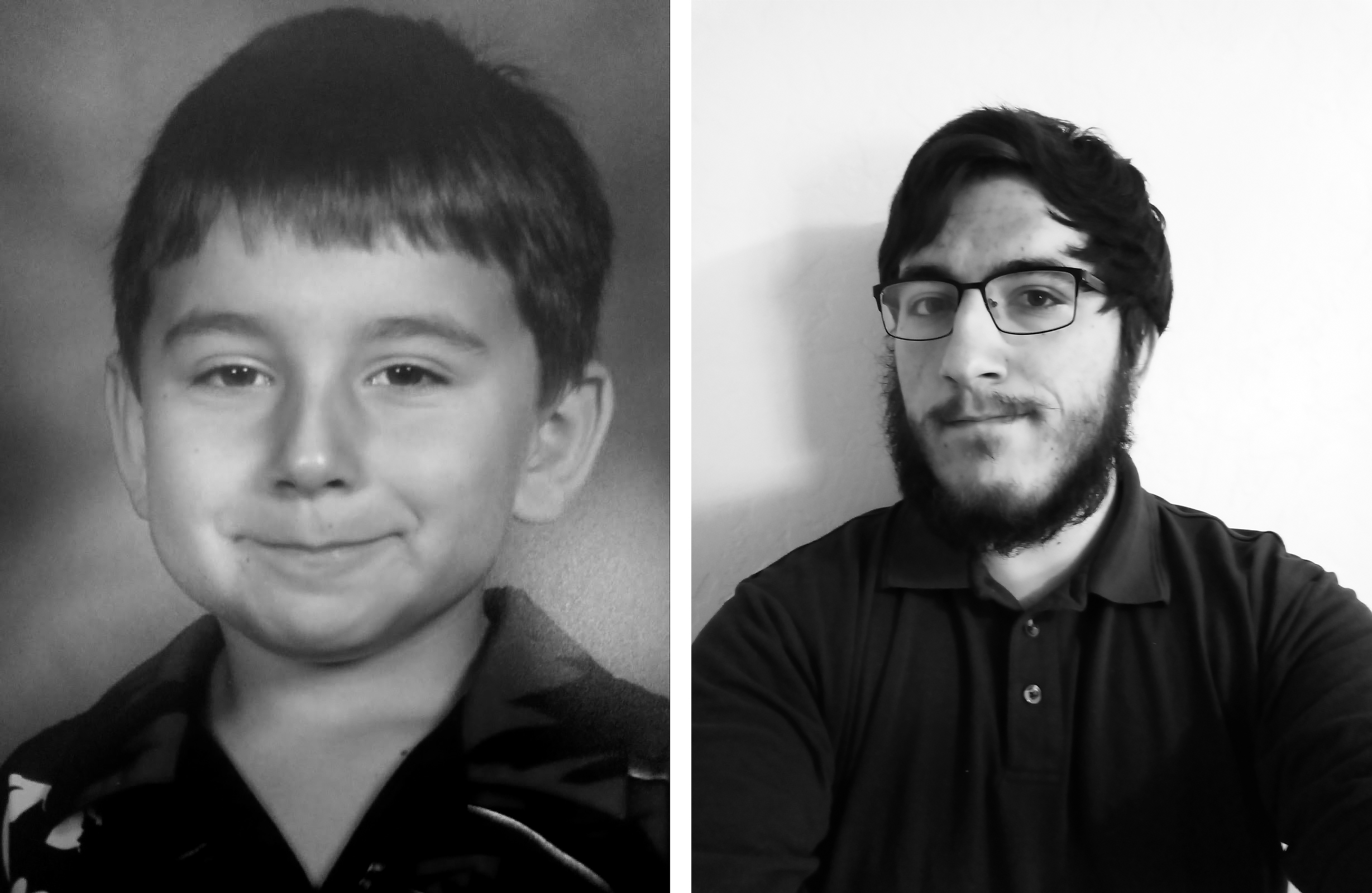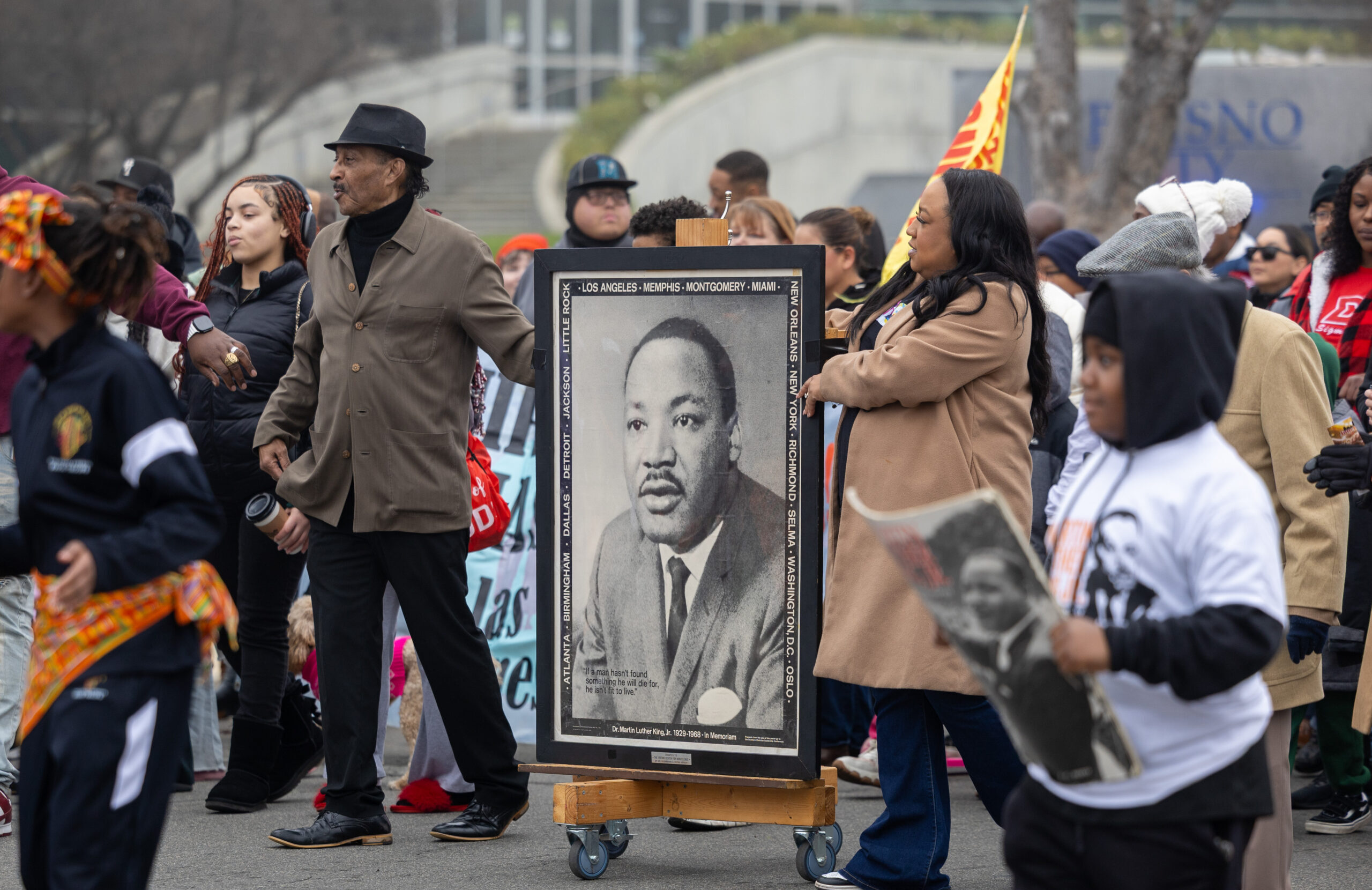
We do not choose the circumstances of our birth, our race, our sex, our sexuality, or our gender. We do not choose who our parents, siblings or relatives are. Yet within society there is still the pervasive nature of colorism, racism, and discrimination. While many of these plights do get visibility with protests and movements, there are those that have yet to be given their due diligence.
I, as a person, am not Middle Eastern enough, or white enough, or Mexican enough, to be accepted into any of those cultures. Yet I am still expected to embrace all three. I am looked at as being one race when I comprise multiple. I am subject to all discriminations that these races face with none of the recognition of my identity as any of them.
I am far too pale to be accepted as Mexican or Palestinian and yet my name and features are too foreign to pass as white after a first glance. Not that I would want to. None of my ethnicities are properly recognized and despite facing minimal privilege, I face every last ounce of discrimination and more for my ethnic background.
“You don’t LOOK like…” is a phrase all too commonly heard in the ears of myself and many other mixed-race individuals. On tests and in demographic sections on government forms, there is no option to describe oneself as mixed, merely select one and sort the rest out for yourself.
Claims of being mixed race by anyone with pale skin are met with skepticism, distrust, and sheer disbelief. Upon looking at my face, those who read my name first willfully mispronounce it, assuming it to be a spelling error, even in a state where the name “Marcos” is far from uncommon. There is no way my name is what it is, there is no way I am what I am when I look the way I do. These are the issues faced by anyone born into a mixed-race family. Beyond that, there is far more that people do not see, or even think about in the slightest.
A political debate in a mixed family can mean that one side supports the complete removal of another from the country, without even thinking twice, or one side can support the police killing the other. The list is nearly endless. When two cultures do not align in belief, activities or religion, the family faces splits that cannot be reconciled. When one side denies consuming the other’s food because it is too “exotic” or “foreign,” it is an attack proclaiming one culture inferior to the other.
Mixed-race families, what they go through, and those who are born into them with multiple racial identities, need more visibility. They need just as much support, help, and recognition. Those who do not outwardly appear to be all that they are are denied entry to spaces and discussions that still affect them. Mixed race individuals face just as much as everyone else, but boiling down someone’s race merely to their appearance forces them into a situation where they are deprived of their choice, their identity, and their culture, merely for being who they are.
I stand with all of those who are mixed-race in denouncing this skepticism, this discrimination, and this utter disrespect towards who we are as people. I am sick of being told who I am simply because of my appearance, and I am beyond certain that there are many, both of mixed race and in other demographics, who feel exactly the same.


